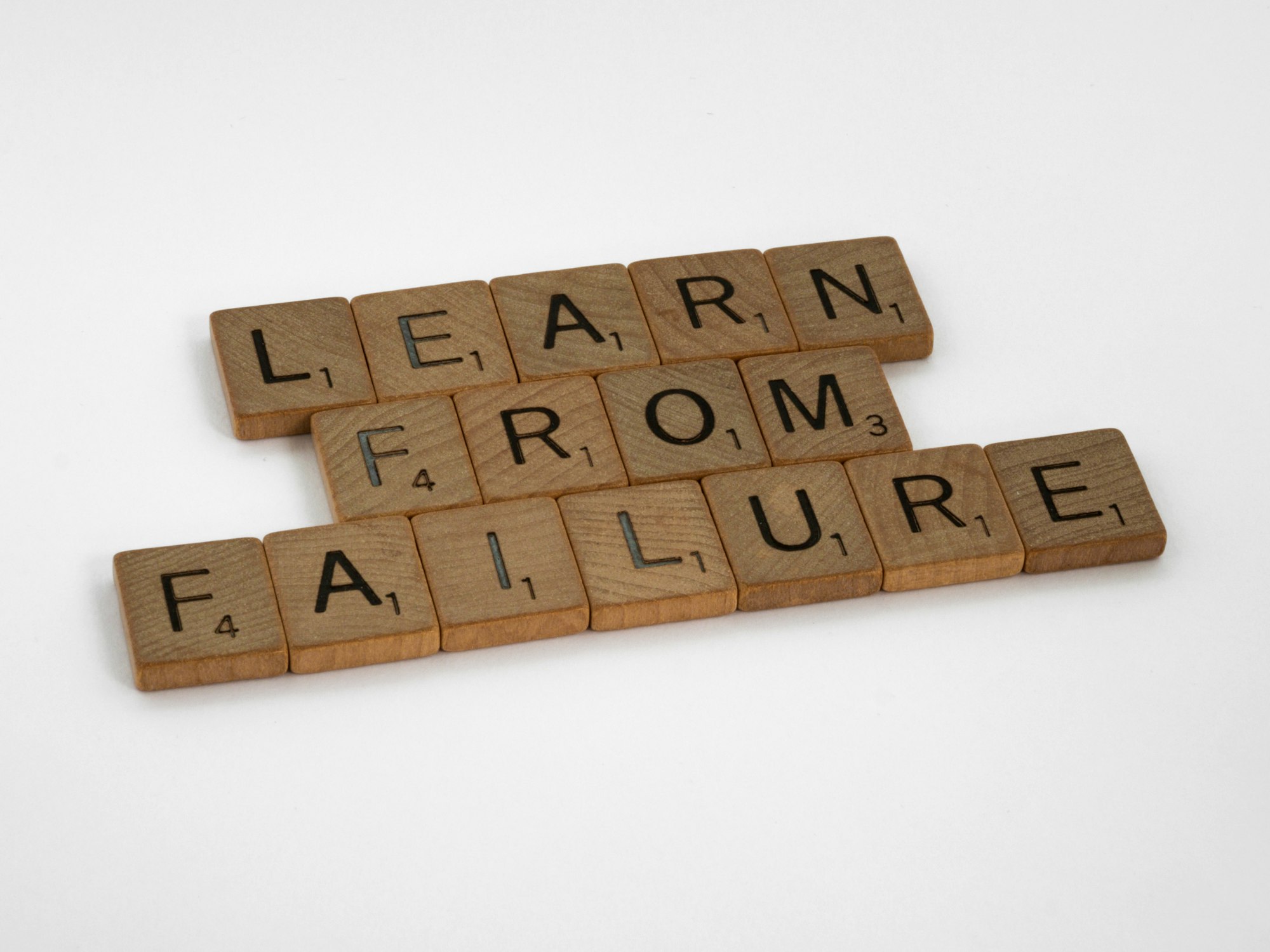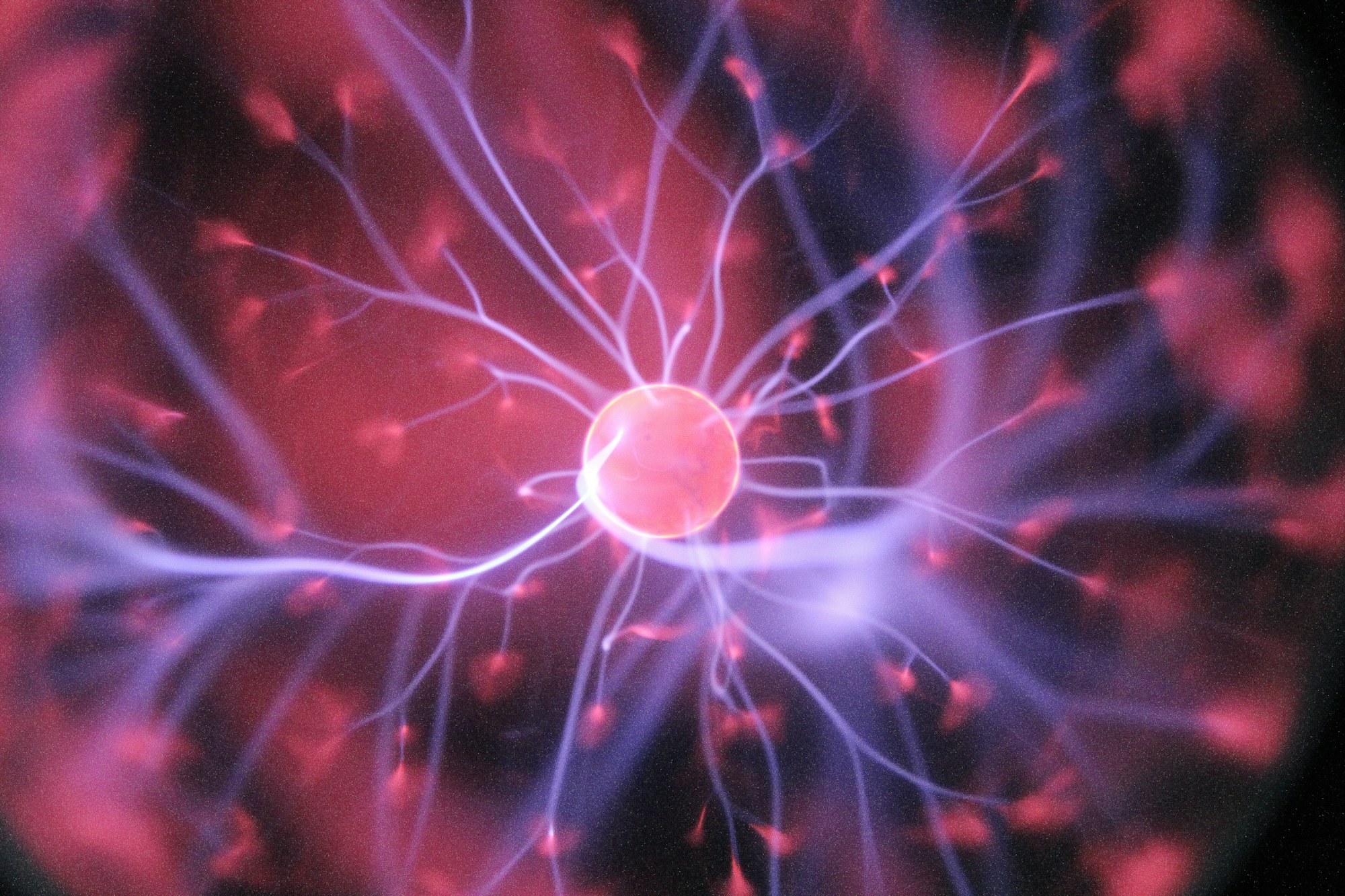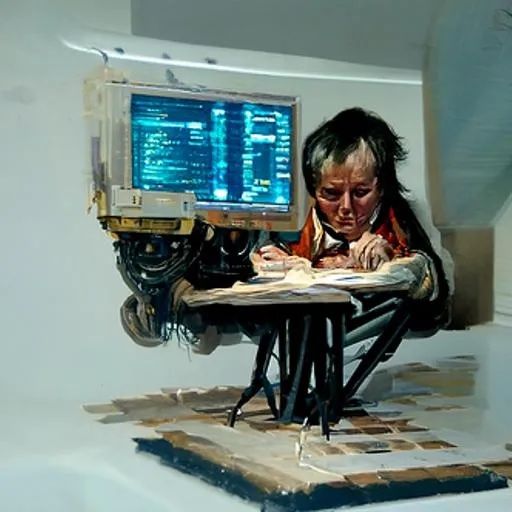Victory from failure?

I love Sci-Fi books, and I'm currently listening to the Expanse series (after watching the TV show). A moment in the book had me put it down, to write down what was said.
In the Expanse, there is a brilliant woman called Chrisjen Avasarala (who is also played by an amazing actress, Shohreh Agadashloo, in the TV show). She's strong, smart, powerful and all round awesome in the book/show, and last night I got to a part in the 2nd book where she said something which made me pause the audio and write it down. She said:
"A failure you understand is a victory"
This really resonated with me. I've seen this idea before, but it's nice to have a pithy one-liner to focus the mind.
At work, we talk and think a lot about "Bets", a concept we took from Marty Cagan's product management philosophy (see Inspired and Empowered books). In the books, Marty talks a lot about focusing on outcomes (not output) and on this idea of framing work as a Bet, not a task. A bet is a gamble, an investment of time to achieve an outcome. Importantly, bets can fail, and then you don't get your outcome - BUT, if your bet's never fail, then they are probably just tasks.
One of the bigger challenges for people new to this way of working and the idea of a Bet, is that they can (and SHOULD) fail now and then. Too many engineers equate Bet with an Epic or task, which needs to be a success - or they feel like they did something wrong if they fail.
There are two big problems with never failing (a bet in this context, but applies more generally):
- Low risk = Low reward. Risk = Reward is an old adage, but holds up. So if you want big rewards there probably needs to be a chance of failure, and if a team or person never fails, they are probably not taking enough risks.
- Low signal = Low action. If it's only just a success, or it's unclear why it was a success - how can you use that data to improve next time? The more understanding, the clearer the signal, the more actionable the next step/change will be.
I don't want to fail, or my teammates to fail, but I want to learn, more than I want to not fail. Sometimes you have to fail to learn.
So next time you fail, don't be disheartened by a failure, but only if you can understand WHY it failed - as then it's not a failure at all, but the basis of your next, more educated and informed attempt!
Edison himself was a famous proponent of this idea:

I would construct a theory and work on its lines until I found it was untenable. Then it would be discarded at once and another theory evolved. This was the only possible way for me to work out the problem. … I speak without exaggeration when I say that I have constructed 3,000 different theories in connection with the electric light, each one of them reasonable and apparently likely to be true. Yet only in two cases did my experiments prove the truth of my theory




